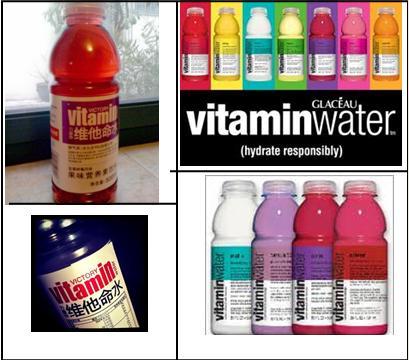

In 2001, Apple inaugurated its inaugural store in the United States, marking a pivotal moment in the company’s history. Subsequently, the introduction of the “Appstore” and its later rebranding to “Mac App Store” in 2010 added to Apple’s innovative legacy. A contemporary discourse surrounds the classification of “App Store” as either an Apple trademark or a generic term. This deliberation highlights the significance of brand awareness, prompting considerations about the distinct identity and recognition associated with the term “App Store” in the broader consumer landscape.
On the opposite side, Amazon launched an online application service for Android called “Appstore” as well. Triggered by this event, Apple started a lawsuit against Amazon. Apple’s argument is that the word “App store” was not commonly used in the industry to describe a download service before they coined the phrase. Therefore, it is not a generic term. Apple also added that Amazon’s use of App Store will confuse consumers.
Amazon denied these allegations, pointing out the use of “App stores” and “app” is generic. The Judge voted in favor of Amazon, arguing that customers are not likely to confuse the two Appstores. Now, “App store” or “application store” can be used by more than one brand.

Apple and its “app store” have strong brand equity and a high level of brand awareness. Customers associate appstore to Apple; it also symbolizes a promise to provide quality applications. Apple might be facing a risk of losing parts of its uniqueness. Consumers will soon notice other “Appstores” online.
When companies name their services or products, it is important to keep in mind the effects of generic terms. Brands might lose control over their own product names and its competitive advantage. This will give competitors a chance to steal market share.
The example of Vitamin Water launched by Coca Cola in China shows the same problem when using generic terms. The Vitamin Water concept and designs were copied by brands such as “Vitamin Power” and “Victory Vitamin”. ”Victory Vitamin” is produced by Nongfu Spring and looks to be a twin of Vitamin Water with very similar packaging and flavors, but sold at a cheaper price. Coca Cola cannot defend its brand legally because both “Vitamin” and “Water” are generic terms. This allows other copied products to compete on the shelves and confuse consumers between the brands.

The case of Coca Cola’s Vitamin Water in China underscores the challenges tied to employing generic terms in branding, impacting brand awareness. Brands like “Vitamin Power” and “Victory Vitamin” replicated the Vitamin Water concept, creating confusion among consumers. Nongfu Spring’s “Victory Vitamin,” resembling Vitamin Water in packaging and flavors but sold at a lower price, competes directly. Legal defense for Coca Cola proves elusive due to the generic nature of “Vitamin” and “Water,” weakening brand awareness protection. Consequently, imitated products infiltrate the market, leading to consumer confusion between brands. This example emphasizes the critical role of strategic branding in preserving brand awareness and distinctiveness, particularly when confronted with challenges arising from the use of generic terms.
A Labbrand Group Company © 2005-2025 Labbrand All rights reserved
沪ICP备17001253号-3To improve your experience, we use cookies to provide social media features, offer you content that targets your particular interests, and analyse the performance of our advertising campaigns. By clicking on “Accept” you consent to all cookies. You also have the option to click “Reject” to limit the use of certain types of cookies. Please be aware that rejecting cookies may affect your website browsing experience and limit the use of some personalised features.